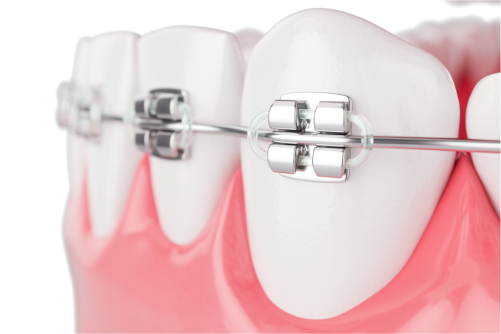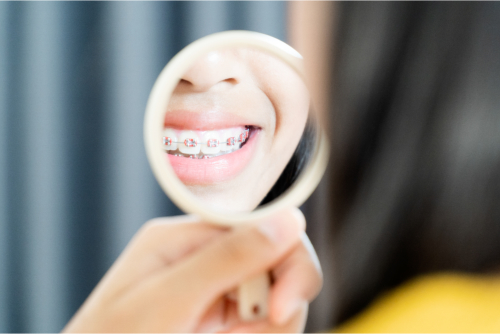Understanding TMJ: What You Need to Know
November 7th, 2024
Understanding TMJ: What You Need to Know
The temporomandibular joint (TMJ) is one of the most important joints in your body,
connecting your jawbone to your skull. This small but powerful joint allows you to talk,
chew, yawn, and even smile. However, when issues arise with the TMJ,
it can lead to discomfort and pain, commonly referred to as TMJ disorder or TMD.
What Causes TMJ Problems?
TMJ disorders can develop due to various reasons, including:
- Jaw Misalignment: Irregular positioning of the teeth or jaw.
- Teeth Grinding or Clenching: Often caused by stress, this can overwork the jaw muscles.
- Injury: Trauma to the jaw, head, or neck.
- Arthritis: Certain types of arthritis can affect the TMJ.
- Stress: Tension can lead to clenching and tightening of jaw muscles.
Common Symptoms of TMJ Disorder
- Jaw pain or tenderness
- Difficulty chewing or opening the mouth wide
- Clicking or popping sounds when moving the jaw
- Headaches, earaches, or facial pain
- Lockjaw, where the jaw becomes stuck open or closed
How Is TMJ Treated?
TMJ issues can often be managed through simple measures:
- Lifestyle Changes: Avoiding hard foods, chewing gum, or habits like nail-biting.
- Stress Management: Reducing stress to minimize clenching and grinding.
- Mouthguards: Custom nightguards can protect teeth and relieve jaw strain.
- Physical Therapy: Jaw exercises to improve mobility and reduce discomfort.
- Medical Treatment: In severe cases, medication, injections, or surgery may be necessary.
Why Is Early Treatment Important?
Ignoring TMJ problems can lead to more significant discomfort and even chronic issues.
If you're experiencing any symptoms, consult your dentist or healthcare provider to determine the best course of action.
Your TMJ plays a crucial role in your everyday life—taking care of it ensures your jaw stays happy,
healthy, and pain-free! ?





